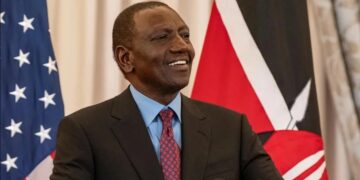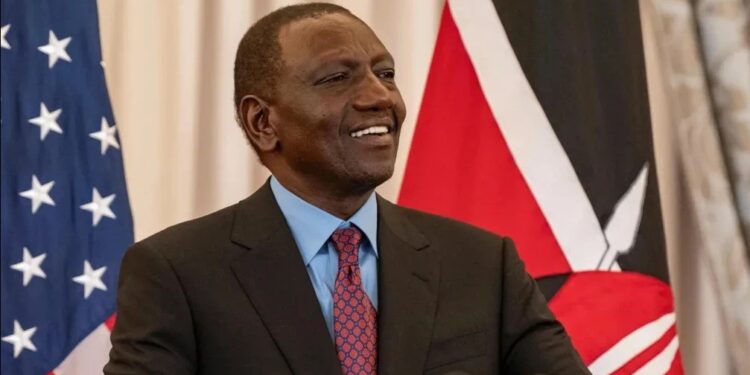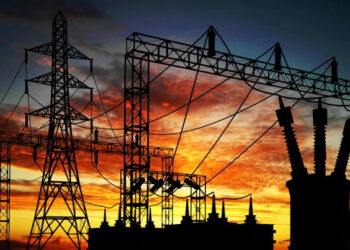By Lucy Adautin
Kenya’s police have imposed a ban on demonstrations in the heart of Nairobi until further notice, following weeks of anti-government protests which they claim have been infiltrated by organized criminal gangs.
At least 50 people have been killed in the youth-led protests against proposed tax hikes that erupted across the country a month ago. These demonstrations have persisted even after Kenyan President William Ruto withdrew the legislation and dismissed nearly all of his cabinet.
Activists are demanding Ruto’s resignation and are calling for systemic changes to combat corruption and improve governance.
“We have credible intelligence that organized criminal groups are planning to exploit the ongoing protests to execute their attacks, including looting,” stated Douglas Kanja Kiricho, the chief of police, in a statement released late on Wednesday. “No demonstrations will be permitted in the Nairobi Central Business District and its surroundings until further notice to ensure public safety.”
The protests, organized online without apparent support from opposition political figures, have posed the biggest crisis of Ruto’s two years in power. Initially peaceful, the rallies later turned violent, with demonstrators briefly storming parliament on June 25, prompting police to open fire.
Ruto’s office had planned “multi-sectoral” talks for this week to address the protesters’ grievances, but by Thursday, there was no indication that these discussions had started.
Most of the leading figures behind the protests have rejected the invitation, instead calling for immediate action on issues like corruption. Some activists encouraged people to gather with camping gear at Uhuru Park, a recreational area adjacent to Nairobi city center.
There was heavy police presence in the city on Thursday morning.
“The police and President Ruto have no power to suspend rights guaranteed by the constitution,” activist Boniface Mwangi wrote on the social media platform X, in response to the protest ban.




































